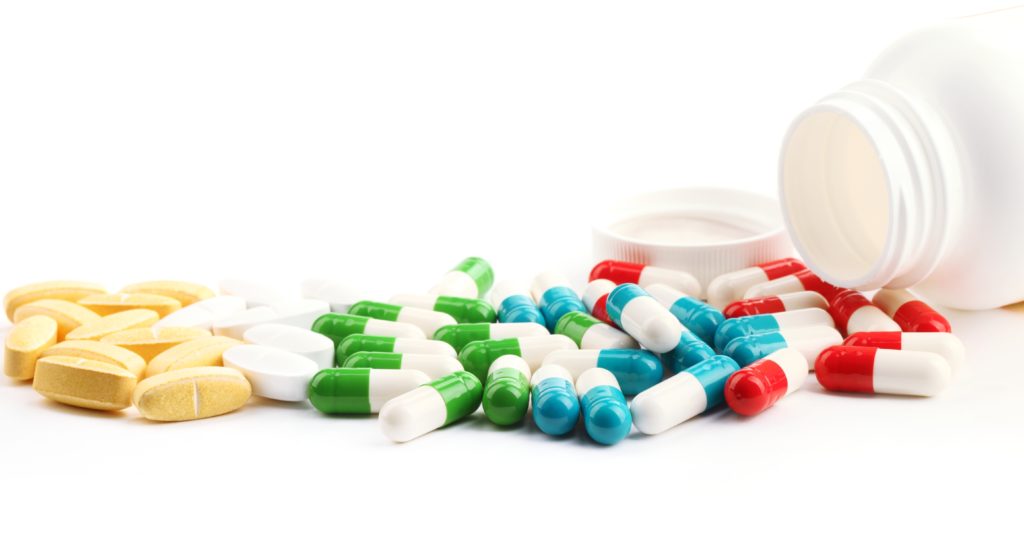





What is a Dietary Supplement? Copy
In the Dietary Supplement Health and Education Act (DSHEA), Congress defines a dietary supplement as a product intended to supplement the diet and contains one or more dietary ingredients (including vitamins, minerals, herbs or other botanicals, amino acids, and other substances) or their constituents.
It is something that is taken by mouth, though it may have many forms (tablet, capsule, powder, liquid, etc.). It is not intended to be consumed as a meal or as a meal replacement. If it is intended to be a meal, a meal replacement or a conventional beverage then it is a food no matter what the label says.
The product is also considered a supplement if the company represents the product as a dietary supplement.
Dietary Supplements are not regulated in the same manner as pharmaceutical products. With only a few exceptions, the vast majority of dietary supplements are not reviewed pre-market and do not have to be proven safe in order to be sold online or on the shelves of a retail store. As a result, it is impossible for any organization to say with 100% certainty what ingredients a supplement contains. The lack of regulation could cause supplements to contain ingredients that are often harmful to athletes and could potentially cause an adverse analytical finding in their sample.
Many elite athletes believe that supplements are essential to their performance and that they are tools, similar to training and eating right, that propel them to greatness. Athletes should understand that their first decision should be whether or not they need dietary supplements.
Note, the definition of a dietary supplement differs country to country and is based on the regulatory structure of each country.

